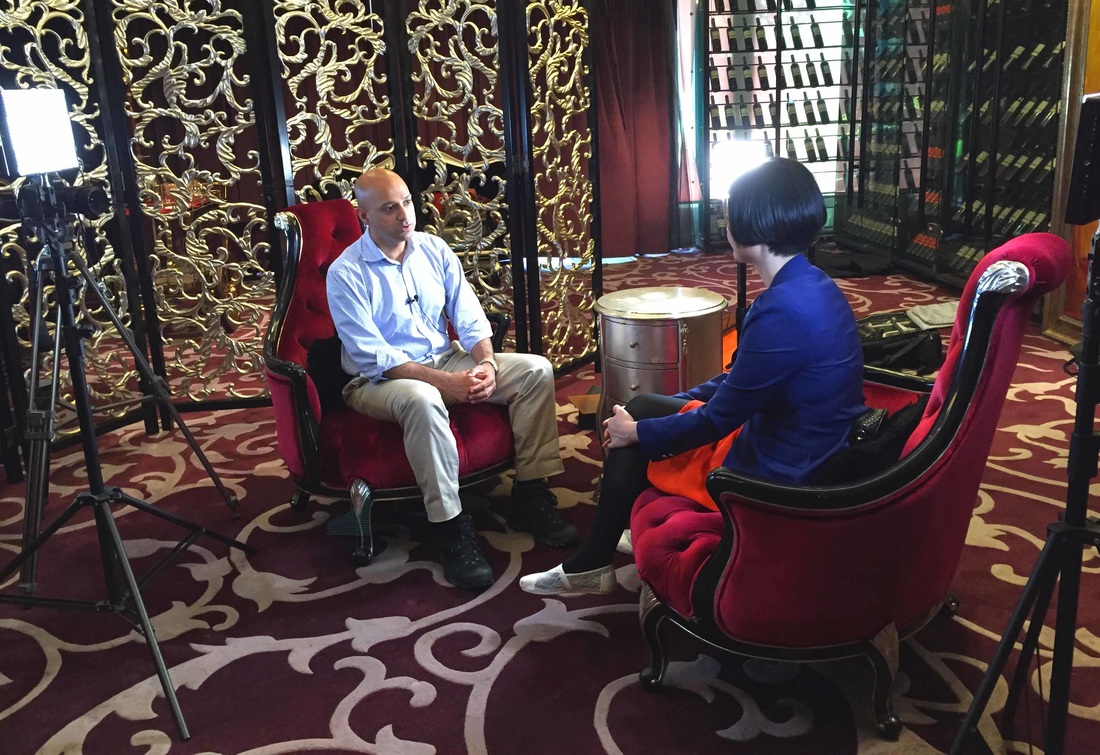|
The first thing you do as an expat when arriving in China (or any country), is look for a home! Finding a home in China is easy. There are numerous property agents located at most street corners or outside apartment buildings. The only issue is that if you don't speak Mandarin or Cantonese, then you may need to take a friend or colleague with you. Most Western firms that send out expats have an HR personal responsible for the expats and they will take care of showing you the homes. The next big process is getting the medical, work permit and the resident visa- all of which can take at least two months to fully complete. So, if you are thinking of coming to China and work here, then be prepared to go through the long process of first settling into your new life. The only major risk is going to be: if you are still in the probation period (which is at least 3-6 months), then you may risk renting a flat for a year if you don't pass your probation period (that's IF you decide not to stay in China or if you decide to move to another city in China). Most landlords require you to sign a one-year lease with a two month deposit - in Beijing you may be required to give a six-month rental deposit up front. So think very carefully of the financial and personal risks you may face if things don't go as planned with your job. China is NOT cheap anymore. 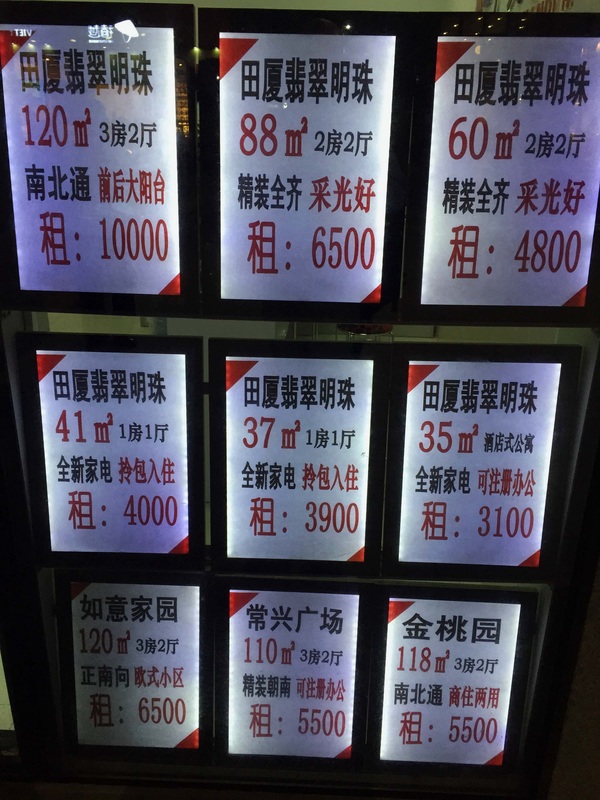 The cost of rental in Shenzhen is on the increase. Back in 2009, a one-bedroom home with a 39sqm would have been around 2,500RMB a month (250 GBP), however in 2015 it is around 4,500 RMB a month (approx. 450 GBP per month). For a two-bedroom home in a nice area, you are looking at paying around 6,500RMB a month: Photo Copyright Navjot Singh Just a simple, yet basic observation of how fast the Chinese economy is growing at. There are a few key indicators that portray the health of a country's economy. These include the following:
Below is a photo showing some basic food items that I bought in the supermarket in Shanghai. These days it is common in the big Chinese cities to come across western supermarket chain stores such as Tesco's (U.K.), Walmart (U.S.A.), Jusco (Japan), and Carrefour (France). While the vast majority of the food items are actually 'Made in China', some, however, are imported (such as Cereals, pasta, wines, and other minor but important things that expat would miss when they are in China). Unlike in the west, where food prices tend be of a similar status irrespective of where the food item is from, in China, however, the better the quality of the food item, the more expensive it is. You may argue that this is common sense that prevails everywhere, but actually it tends to stick out more in countries where attention to high quality is only given to those items that are being exported (though this is slowly changing in China). My food basket below cost 89RMB (that's around £8 GBP)- which is no different to what it would cost back in the UK (or elsewhere in Europe or America). But the items I have in the basket are not imported, but all are Chinese local brands. So this goes to conclude that basically things in China are getting more expensive (including house prices, cars etc.)...but wait...are salaries also increasing? No. The average salary in China for a new graduate with, say a Bachelors or Masters degree, is 2,900 RMB (approx. £280 per month).I fear this may pose a tricky challenge for whoever is in the Chinese management (i.e. government) in the coming years. For now, all we can do is enjoy the booming success that this country is experiencing. - Navjot Singh With so many books, websites and guides on how an individual can manage themselves when conducting business activities in China, it can be a daunting process for a person interested in doing business with China who is not familiar with the country and its business ethics. It goes without saying that doing business in China is not easy for any foreign company or person irrespective of how long they have lived, worked or had some sort of connection with China. It may be just that little bit smoother if you have a Chinese business partner (person or company), however if you are going to go and try to set up a base for your company all by yourself, then you are, I am sorry to say, going to drown yourself into deep waters. Having been there, and done that myself, here are some tips I would like to share. To the seasoned China business minded person, these tips may seem like all "sold out" stuff. However, they do, of course, take into account that I have had experience of working for a Chinese company in China, as well as working for a foreign company in China. Two very different corporate cultures operating within an embedded common Chinese environment- it sounds like an experiment at a large scale but in actual fact the beauty of it all is that it does work (IF good corporate advice is followed).:
1. DO BACKGROUND CHECKS: If you are going to employ foreign individuals into your company in China, especially if they are senior executives who would be responsible for making day to day decisions, then I would strongly recommend that detailed background checks are carried out. This would, of course, apply also to Chinese nationals being employed. There are many companies specialising in these services. You can contact your local Chamber of Commerce or search on the internet. 2. KNOW THE CORPORATE LAW IN CHINA: Be very careful when treading your shoes into issues such as Import and Export Tax Laws. Select a reliable and known law firm that can guide you in the correct way. Corporate laws are different in China. With common sense any company will investigate this first before making their moves. I have come across some expats who believe that because they are foreigners, so they will get some special VIP treatment and can “get away” with some laws (such as import/export Tax). Well, this is not true at all; in fact the corporate laws in China are stricter than most other countries. 3. PROTECT YOUR IP: In China, you would be amazed at the number of fake and copied goods that are openly available on the consumer and corporate market. Ranging from your “Iron Bru drink” to even manufactured Chicken Eggs, ANYTHING can be produced by those who wrongly believe they can outclass the Chinese law. Unsurprisingly, Intellectual Property is the most sought after advice topic by foreigners thinking of investing in China’s booming economy. Sincere advice would be to use the same due diligence you would outside of China. 4. AVOID ARGUEING: It would not be a nice idea if you decide to argue or force your Chinese counterparts to come to agreements with you. Negotiation is not a smooth process in China. If the two sides do not agree, then it’s common for Chinese business officials to just go quiet and maybe not even respond to questions at all. Your best approach is to go in the meeting with not aiming to make a deal- otherwise you will become frustrated easily. Explain your position in clear, concise words. Be Respectful and state your points by the book. Then be prepared to walk off if your conditions are not met. 5. AVOID REJECTING THE CULTURE: Many foreign business people ask me what are the wrongs and right of business etiquette in China. The most important thing I would say is to respect face. Never quarrel or voice a difference of opinion with anyone- even a member of your own team. Never make the other person wrong. It is common for people to answer the phone or talk amongst themselves loudly in a meeting. Never say "no" directly, as that is considered impolite and superior. It makes sense to educate individuals the cross-cultural factors that have a direct impact on your Return on Investment (ROI). 6. BE ACCURATE: Avoid making assumptions or hoping that YOUR personal judgements will make you stand out amongst others in meetings or presentations. Logistics and facts are the core ingredients of any successful business in China. Not taking this into account can be very dangerous because if your facts are not validated then you will end up losing your credibility, and your audience will lose trust in you. In the west mistakes are somewhat accepted to a certain extent, but in China a single mistake is enough to kill trust. Once trust is lost, it’s very difficult to get it back in China. 7. AVOID SARCASM: When you are having a business meal or in a break between meetings, then sharing a light joke is perfectly acceptable, provided you don’t start talking about anything political or anything which may involve sarcasm. People will not understand western humour (especially British Humour!), and your intended sarcastic joke may be taken as offensive or completely misunderstood. In some circumstances, the consequence of this may lead to the difference between wining and losing a negotiation. 8. NETWORKING: We all know that globally in the business culture keeping rapport with like minded individuals can make the difference between a win-win and a loss situation. In China this networking goes just that extra mile. Networking is a lifestyle in China that extends beyond the boardroom. Making your client feel special and treating them to dinner or any other entertainment, such as, say for example, a day at the Golf Club, even before setting up a formal meeting would be a very good idea. Concentrate on building the relationship before talking business. Most certainly never undervalue the significance of existing connections. 9. SENSE & SIMPLICITY: When making presentations to Chinese clients or colleagues, speak slowly, clearly and concisely. Make your presentations simple and easy to follow, almost like an “Idiot’s guide to so and so” but without making the audience feel as if they are idiots. Avoid telling jokes and avoid making the Chinese audience look as if they do not know anything. People may be quiet or may not pay much attention to a presentation, but they do understand and are willing to take part if given the chance. 10. RESEARCH: Before heading to your new market, do as much detailed research as possible. There is a whole range of advice provided by Chamber of Commerce’s, Embassies, your country’s Trade & Industry organisation (UK, USA etc), expatriate website blogs as well as sound advice from other corporate professionals who have lived and worked in China. A crude example may be taken into account, such as, if a person who has lived in, say, Canada, for 25 years and managed his business the Canadian way. Then one day as he comes to open a new branch in China- apart from the normal culture shock in all aspects of life, you can imagine the immediate corporate culture shock he will also experience. Above all else, common sense should prevail and more importantly the above ten tips may be applied anywhere in the world, however, in China they have a special significance because the culture (both outside and inside the corporate world), language and laws are different. The Builders in Guangzhou The builders were constructing a flat, I could hear them from where I slept, The flat was being constructed at two in the morning, So I ended up from Yawning to Frowning, The digging was loud and nearby, All I could do is but try to sleep here and sigh, There was loud noise outside, I wished I could find some place to hide. I have been woken up many times in China by the loud drilling and banging of hammers, sometimes as early as 2 a.m. in the morning! The above poem is written in regards to one particular incident I fondly remember. That time the noise from the construction work continued throughout the night. Now, in all fairness, I am kind of person that prefers to sleep in absolute quietness, and even the slightest of noise can disturb my sleep (unless if I am very tired/jet-lagged!!). However in this particular incident, it got to the stage where I had to get out of my flat at something like 2 a.m., in my pajamas, and told the builders in the street to just stop doing whatever they were doing. They all seemed confused as to why I had made this (polite) request, and somewhat surprised too. This probably was because no one before me had complained. After a few surprised looks at each other, thankfully they decided to stop, however to my astonishment, only for about 10 minutes before it all started again as if nothing had happened. I guess they most probably took a cigarette break! The noise was just painfully horrible, and in the morning I had this excruciating headache which forced me not to go to work that day. This was probably the worst case scenario, and the fact that even though I spoke clear and fluent Mandarin to the builders, I failed to understand why they just carried on. In actual fact, some other foreign expats have also complained about this problem. In retrospect, I do take my hat off to these guys because they are the pillars of China's booming economy, and are driving it 24 hours a day- but for us, poor foreigners who are used to living in a lesser noisy environment, it can be somewhat of a problem.
|
Get in Touch:LIFE MATTERSHere I share my thoughts
and experiences during my travels, and how some things have affected my life as an expat and world traveller. Travelling is about capturing that moment in life. Every word, view and opinion on this page is that of Navjot Singh - except where indicated. The most recent is at the top. Scroll down to read the archive. Or search using CTRL+F (COMMAND + F) and enter a keyword to search the page. Just some of the stories you never heard before. The NAVJOT-SINGH.COM web blog is separate to this web site....Click blog, which may not be visible in some countries due to local firewall restrictions, so in those cases this weblog may be read. The weblog also includes some of my press trip reports- most of which are not published on the official blog because of copyright issues. The weblog also contains articles that may be associated directly with a PR trip for a country, airline or a hotel. These are PR reviews done in relations with various companies. If you are an investor or a trend watcher then you may find this website useful as investing has a lot to do with personal observations and finding the ideal trend or next big thing. The average human on the street frequently knows far more about the state of the economy than politicians, university professors, subject matter experts, and financial analysts who seldom travel, or if they do so, only from one hotel to another hotel! The pulse and vibrancy of an economy is nowhere more visible than on a country's streets. All photos and words are © Navjot Singh unless stated. Photos taken by others or by agencies are appropriately copyrighted under the respective name. No photo or word/s may be taken without the prior written permission by the author (i.e. Navjot Singh). All Rights Reserved. Archives
April 2024
Categories
All
|
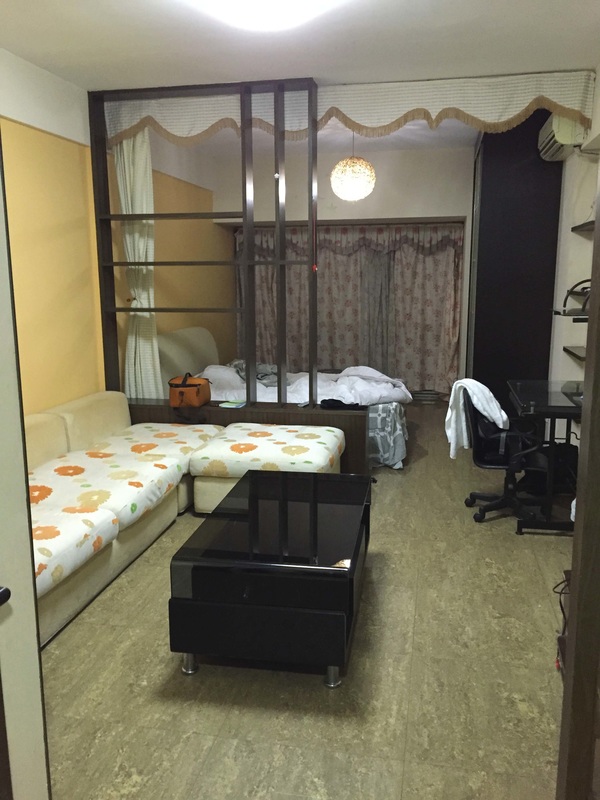

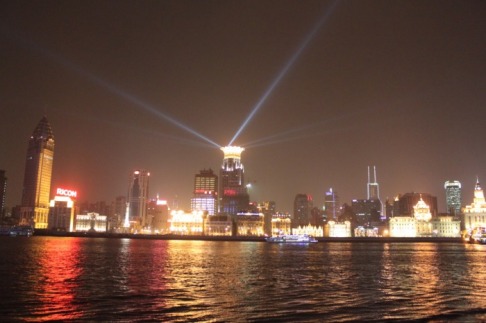
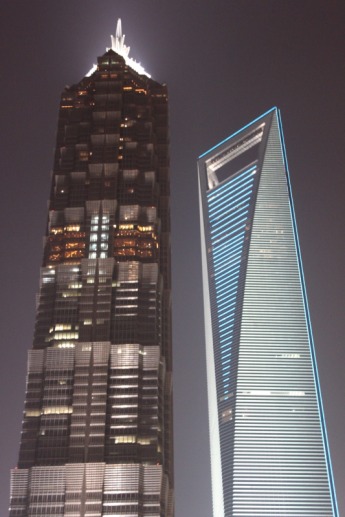
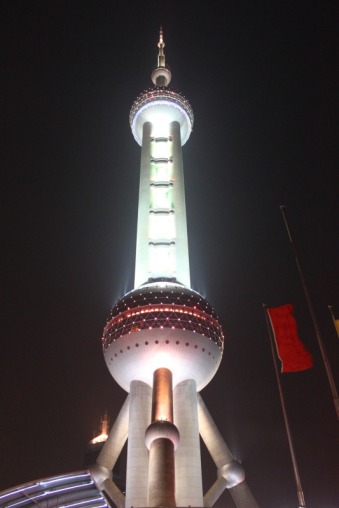
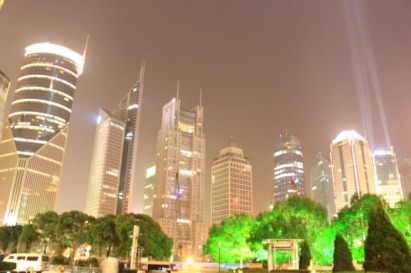
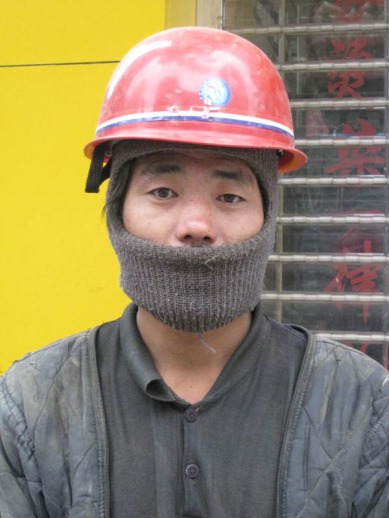
 RSS Feed
RSS Feed







